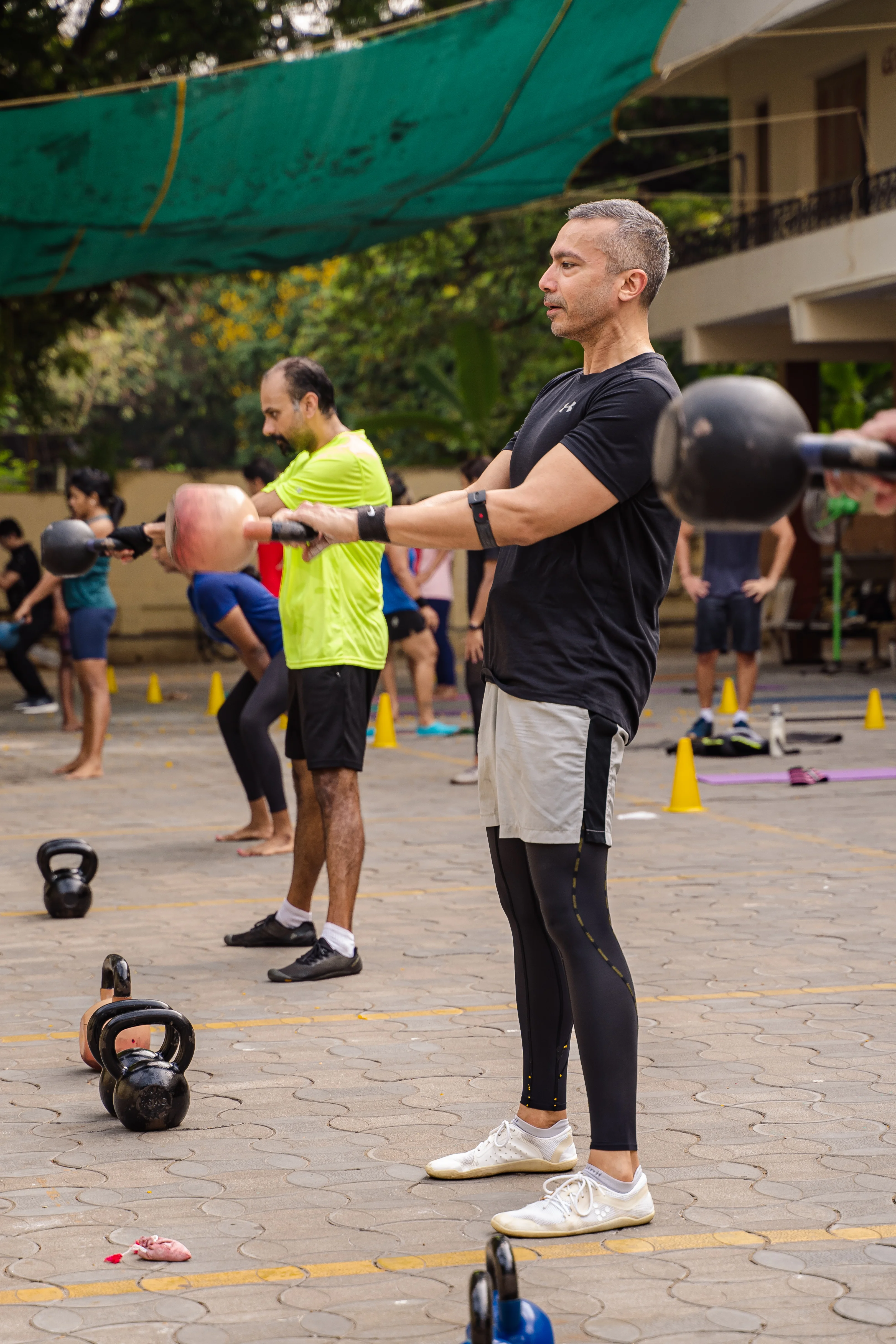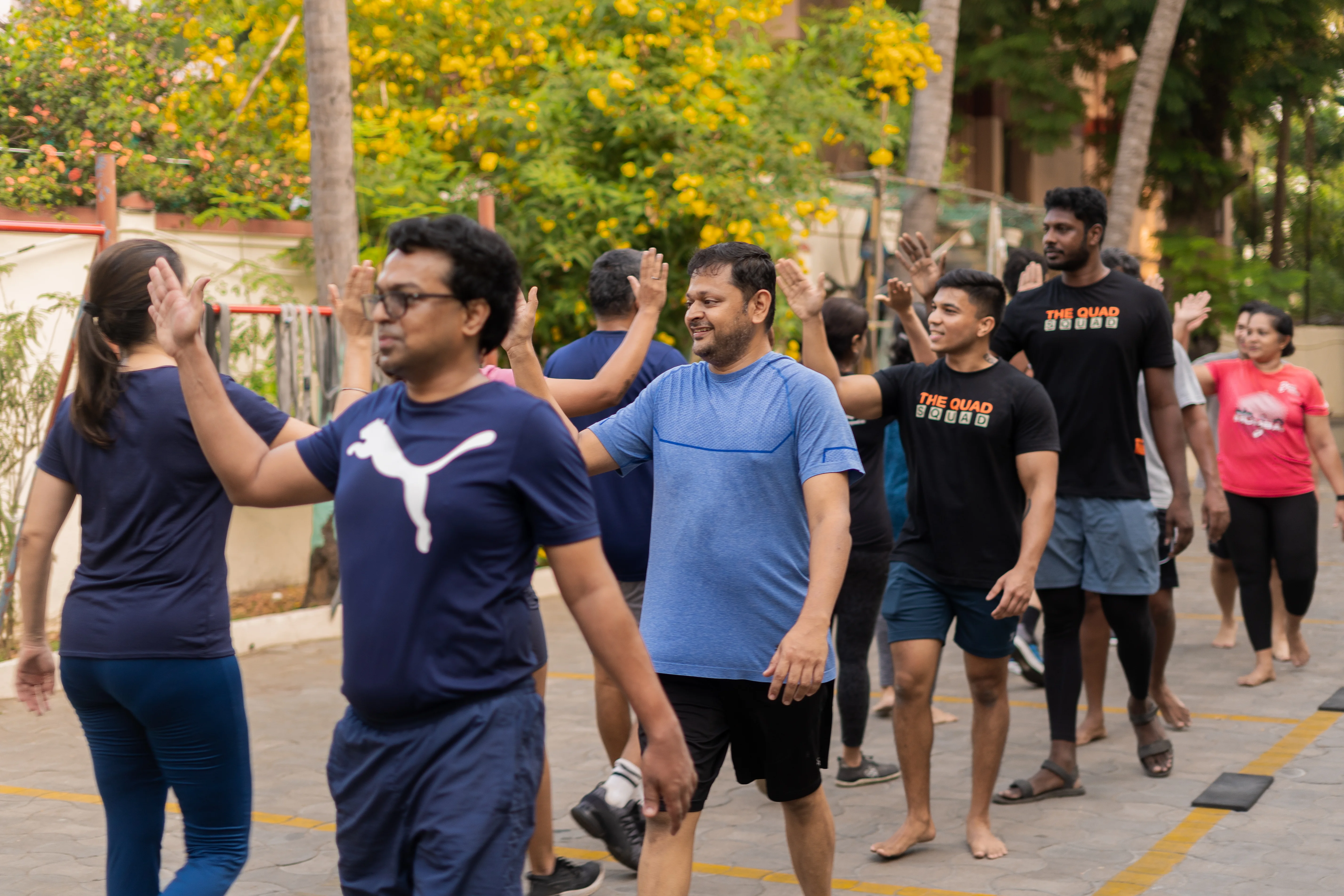Building Endurance: Tips for Long-Distance Running
Jun 22, 2024 ∙ 8 mins read

What is long-distance running? How many miles do you have to get to for regular running to get upgraded to long-distance running? So many questions, so let's get started!
Long-distance or endurance running is more than a test of physical strength. It is also one of your mental endurance. So what is the long run distance? For starters, the total distance should be more than 10 km. This includes longer runs such as half marathon and full marathon to the more gruelling ones like ultra marathons, which can go on for anything from 50k to 100k, to upwards of 200 miles! (I mean, that is a distance you fly to!)
What makes endurance athletes decide to put their bodies through the punishing rigours of an ultra run? What makes someone run for 10, 11, or 12 hours at a time? For elite runners, it is the mental toughness required to put his bodies through an endurance race. What drives ultramarathoner Chris Welles to sign up for the next race is the joy of the effort. For most, it is the sheer effort involved in running every race, the amount of training, discipline and focus necessary to train for and complete each race that serves as the biggest draw.
So, if you have been running marathons for a while and think about taking up long-distance running, let's find out how you can and what you need to do to get there. (This means that new runners, please get some epic mileage under your belt before you decide to try this one on for size.)
What needs to be in the long distance runners' arsenal?

1. Epic mental strength - the tenacity to get you to the finish line. Any kind of endurance or strength routine requires our mind to step in and keep us to the finish line. For long-distance runners, this requirement is ramped up to the max. Every race, when you run upwards of 50 km, your body's tissues will be breaking down as you propel yourself to the end. Imagine the kind of mental strength needed for that!
2. Kickass training program - maybe even a dedicated running coach, who is an experienced runner. This training program must be dual-pronged. One, to handle all aspects of the running, another comprising resistance training exercises to counteract and supplement the running. Your program must also have sprint intervals, tempo runs, hill training, etc.
3. Insane fitness level - the kind of running stamina required to run a 50k, the 'baby' ultra, is many times more than a regular marathon. Regular strength training sessions cater specially to improve the endurance and strength of endurance runners.
4. A running buddy - even if you are part of a running group, it helps to have your very own running buddy, a partner-in-crime. Someone who would pace you during your long runs and remind you when you are facing an existential crisis that you were of sound body and mind when you signed up for this!
5. Good form while running - Not many people actually think of this as a valuable tool but your running form matters hugely as it will impact your endurance. Imagine clocking up an impressive number of kilometres and finding out your bad posture costs you in finishing time.
6. A really good nutrition plan - this needs to fuel your body as you put it through this punishing regime. A proper nutrition plan, that takes into account your protein requirements to help you grow muscle and keep you going. You also need plenty of carbs, as they fuel your runs. You also need healthy fats to help you recover. Just as important as a balanced diet is hydration. Make sure you are getting in plenty of water.
7. Warm up and cool down - never skip warming up your body before running and stretching out your sore muscles afterward. Stock up on Epsom salts and add a handful to your bath, soak your feet in the magnesium-rich water, to aid in your recovery.
8. Slow and steady - start slow and be patient.
9. Above all, maintain a positive mindset.
What are some 'don'ts'?

- Never run on consecutive days. Don't do it. Getting an injury right before the event is no fun. Neither is
- Give yourself adequate recovery time. Even if you are tempted to, never put your body through that. The last thing you want is to get injured.
- Gradually ramp up the mileage and intensity - never by more than 10% per week. Increase too much - distance or speed - and your body will let you pay the price for that folly.
- Skimp out on the gear - get the best running shoes your bank balance would allow.
- Ignore the physio - even if you have never paid them much notice till now, the time to make friends with them is now.
There you have it. Basic info you need to get started on your ultra journey. If you are really keen on giving this a go, get in touch with our team and we will help you figure out how to do this safely. Also, get yourself the all-clear from your doctor. While running is good for your cardiovascular fitness, it is never a good idea to start something new - especially an endurance sport.






